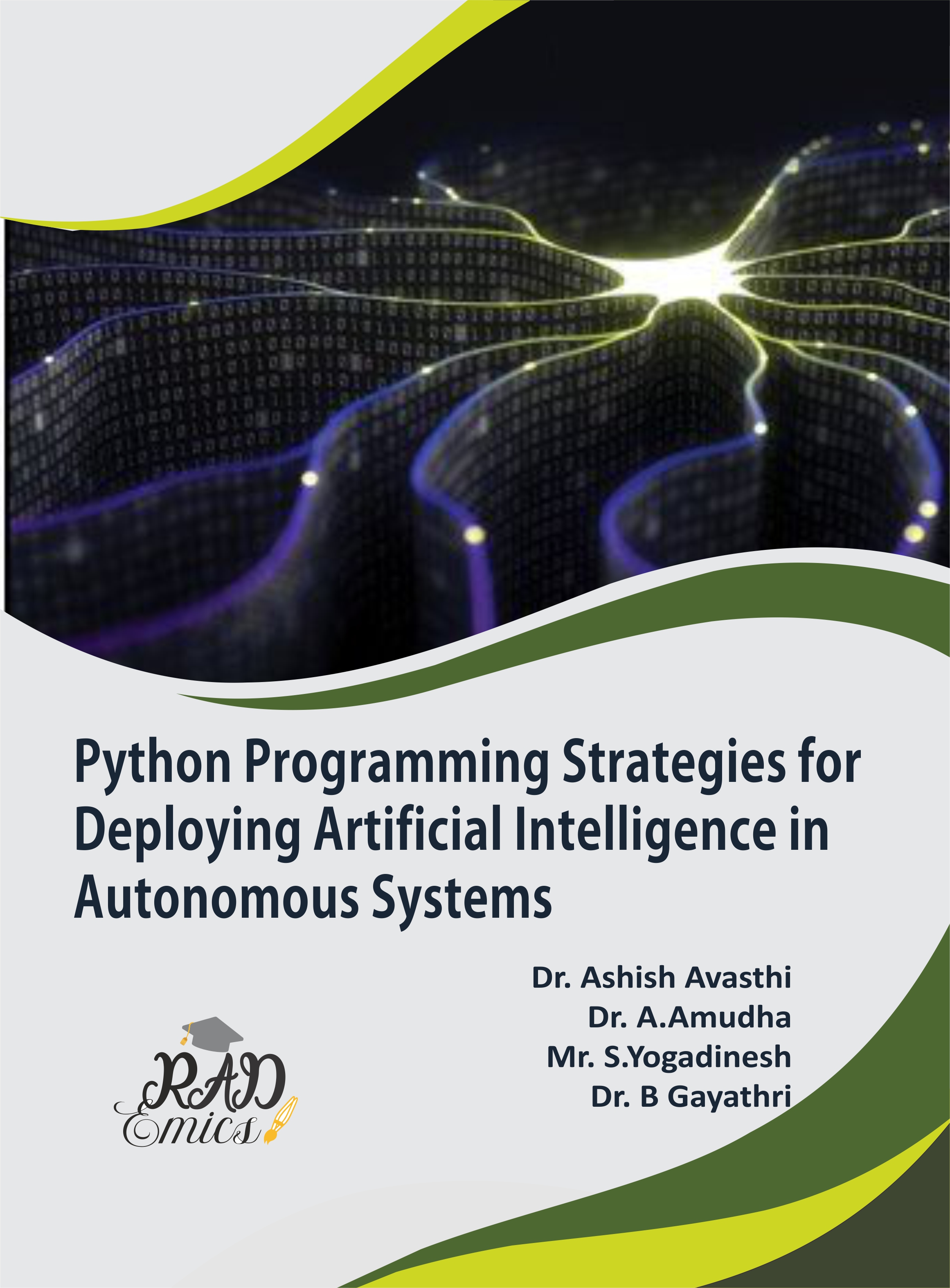
Robust control algorithms are essential for the reliable operation of autonomous systems, where system dynamics often exhibit high levels of uncertainty and variability. This chapter provides a comprehensive overview of modern robust control techniques and their implementation using Python, emphasizing their application in various autonomous systems. It explores foundational concepts in robust control theory, including stability, performance, and adaptability, while addressing the practical challenges associated with real-world implementations. Key techniques such as H∞ control, LQR, and SMC are discussed in detail, alongside their integration with Python for simulation and real-time applications. The chapter also investigates system uncertainties and disturbances through illustrative case studies in aerospace, automotive, industrial automation, and robotics. By highlighting numerical methods for stability analysis and adaptive control strategies, this chapter offers valuable insights into designing robust control systems capable of maintaining optimal performance across diverse operational conditions. The content was designed to bridge theoretical advancements with practical implementation, providing a valuable resource for researchers and practitioners in the field.
The advent of autonomous systems has revolutionized various sectors, including aerospace, automotive, robotics, and industrial automation [1]. These systems, characterized by their ability to operate independently and make decisions based on real-time data, necessitate sophisticated control strategies to ensure stability and optimal performance [2]. Robust control theory has emerged as a fundamental approach to address the inherent uncertainties and variations in these systems [3,4]. This chapter provides a comprehensive examination of robust control algorithms and their implementation using Python, a powerful tool for both simulation and real-time control applications [5].
The core of robust control theory lies in its ability to handle system uncertainties and disturbances effectively [6]. Traditional control methods often struggle to maintain performance in the presence of model inaccuracies and external perturbations [7]. Robust control techniques, such as H∞ control and SMC, are specifically designed to address these challenges by optimizing performance criteria under worst-case scenarios [8,9]. This chapter explores these techniques in detail, offering insights into their theoretical foundations and practical applications [10-12].